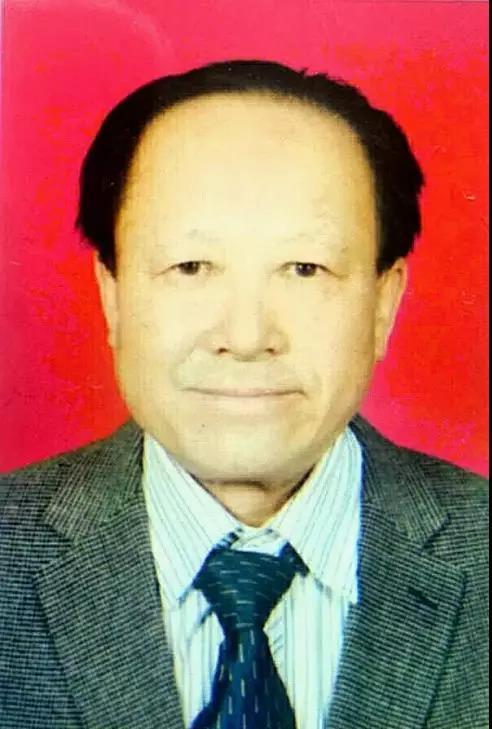Niu Zhongyuan
Niu Zhongyuan
Personal Profile
Niu Zhongyuan, male, born in April 1944 in Gongyi City, Henan Province. His courtesy name is Zonghou, and his art names are Deshui and Yunbai Shanfang Master. In 1962, he graduated from the Machinery Manufacturing Department of Gong County Workers’ Technical School in Henan, and later completed coursework at the Archives College of Renmin University of China. In 1970, he joined the Gong County Fertilizer Plant, serving as Vice Chairman of the Science and Technology Association and as a mechanical engineer for equipment. He also taught “Mechanical Manufacturing” courses at the factory’s workers’ night school and at training programs organized by the county Science and Technology Commission. He served as a member of the Gongyi Municipal Committee of the Chinese People’s Political Consultative Conference and proposed names for several municipal streets, which were officially adopted by the government. In November 1999, he was conferred the title of Archival Research Fellow by the American Economic Development Group. He received multiple written commendations from the Henan Provincial Party Committee and Government and was awarded the title of “Advanced Worker.” After retirement, he was invited by several enterprises in Henan to engage in design and manufacturing of mining machinery. Known for his diligence, boldness, and outstanding achievements, he earned high praise from industry peers.
Personal Experience
In his youth, he focused primarily on the styles of Ouyang Xun and Yan Zhenqing, taking the inscriptions of “Jiucheng Palace,” “Yan Qinli Stele,” and “Huadusi Stele” as his foundation—strict in discipline, decisive and clean in brushwork. Due to workplace needs, he intensively practiced Song-style decorative characters. To enhance their artistic quality, under the guidance of the Chairman of the Gongyi Calligraphy Association, he further studied Emperor Huizong of Song’s regular script “Thousand Character Classic.”
In middle age, inspired by admiration for the master of Chinese classical studies, Mr. Qi Gong, he meticulously practiced Liu Gongquan’s “Mysterious Pagoda Stele” and “Shence Army Stele.” He deeply understood Liu Gongquan’s maxim: “When the heart is upright, the brush is upright!” He advocated the principle that “A scholar must first cultivate moral character before pursuing literary and artistic accomplishments.” He believed that brushstrokes should begin with concealed tips, each stroke clearly separated yet seamlessly connected, with the brush breaking but the intention remaining continuous. He held that the brush should remain vertically upright—a matter of holding posture—and that central-tip brushwork means the tip of the brush always remains centered along the stroke’s trajectory, visibly leaving a central ink line. Side-tip brushwork occurs when, during the central-tip trajectory, the direction shifts. Through the introduction of his retired brother working at the Chinese People’s Armed Police Force Headquarters, he had the good fortune to receive instruction from Mr. Lu Zhongnan. Since then, he focused primarily on Yu Shinan’s “Confucian Temple Stele,” Zhang Xu’s “Preface to the Langguan Stone Pillar Record,” Xu Hao’s “Li Xian Tomb Inscription,” and Zhao Mengfu’s “Danba Stele” and “Miaoyan Temple Record.” He practiced daily with suspended wrist, reading classical texts and savoring elegance, expressing inner tranquility through Buddhist and Daoist themes. He transformed his earlier slender, vigorous style into a serene, composed aesthetic—calm, gentle, and refined. His running script faintly echoes the spirit of the Two Wangs, resonant as chime and stone, naturally vigorous. Every Spring Festival, he voluntarily wrote couplets for colleagues and the public, refusing any payment, earning widespread praise. He composed humorous self-mocking poems: “At sixty, the cycle completes; inner peace is key. Even an old ox must strive forward; joyous living opens boundless horizons,” and “Art has always been called trivial carving; half a lifetime’s obsession clings to ancient winds. If one can truly internalize the wisdom of past masters, one’s own spirit will emerge within the humble sheet.” His regular script works have been exhibited in provincial and national competitions and collected by foreign friends and elites from all sectors of society.
para-title
TAG:
Niu Zhongyuan

 中文
中文  en
en 
